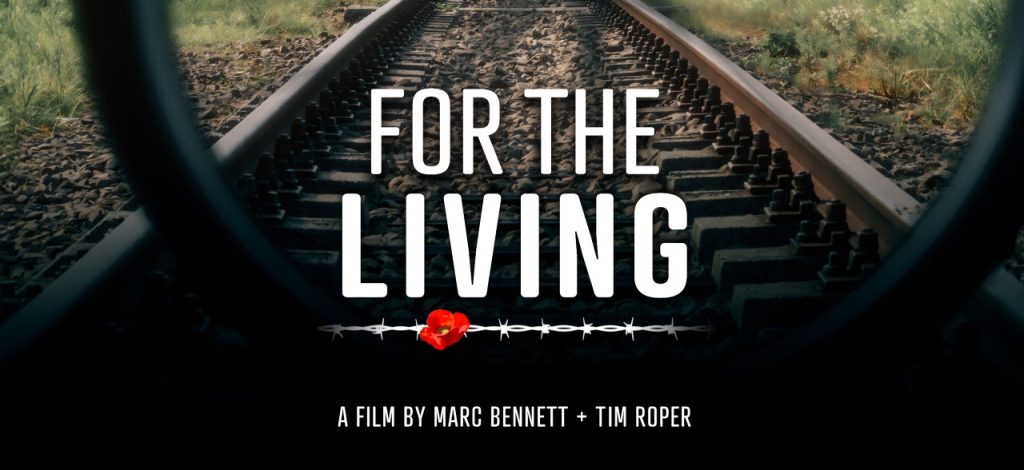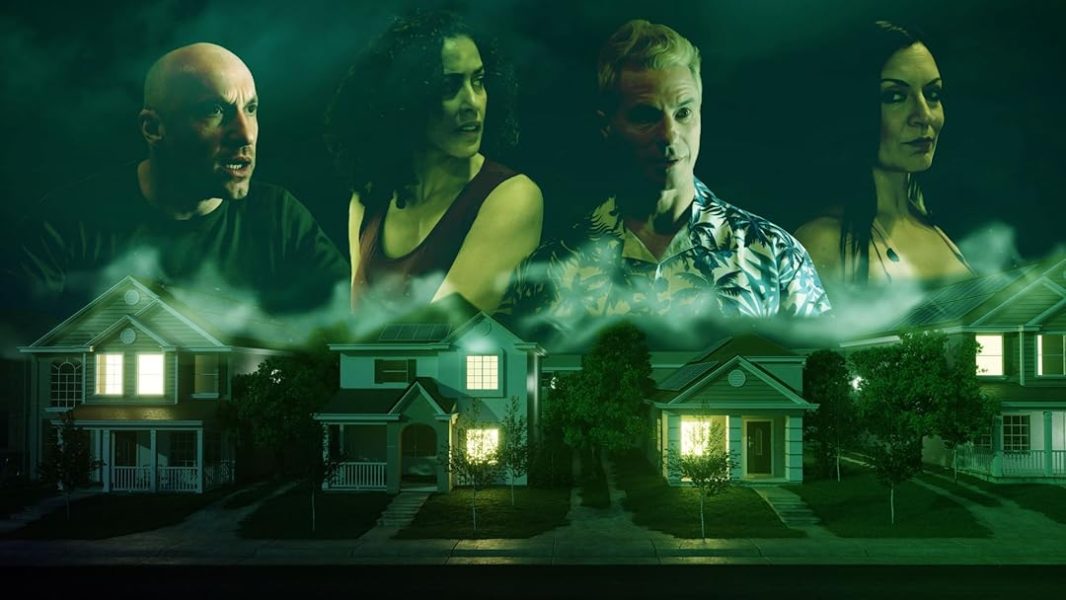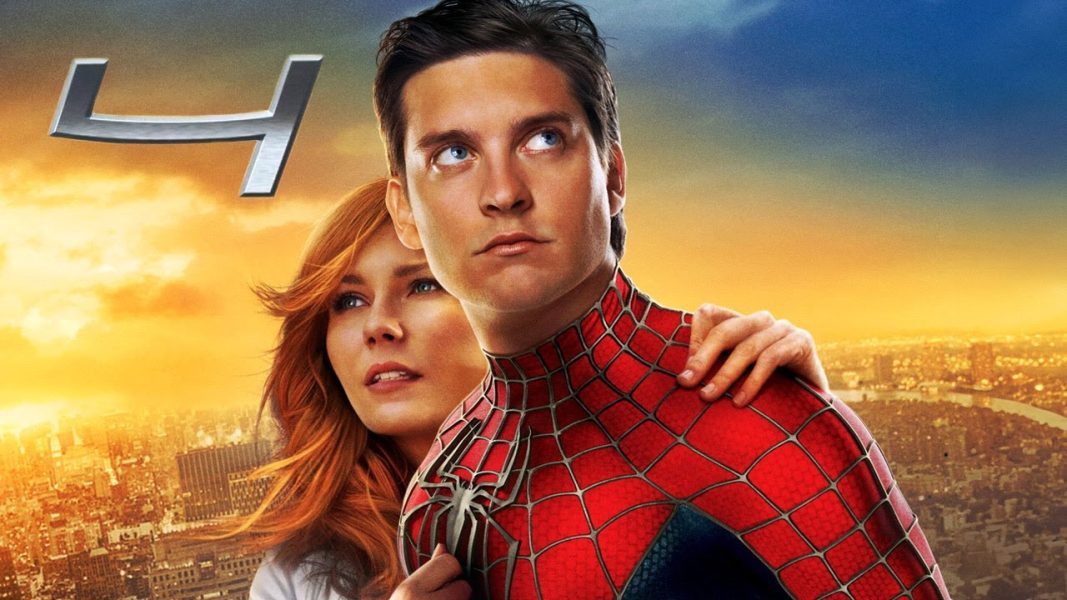For The Living (2024)—A Harsh Look into Human Cruelty and Empathy

Genocide. The very word demands a strong reaction. Despite the end of The Holocaust and WWII, genocide still persists today. And those who’ve lived through it still remember its cold, invisible grasp. When we say “Never Again”, do we really mean it? Or do we really just say “Never Again that way?” Written and directed by Tim Roper and Marc Bennett and produced by Lisa Effress, For The Living explores Holocaust survivor Marcel Zielinksi’s story and the Ride for The Living movement that retraces his steps from Auschwitz-Birkenau to Krakow, Poland.
Unlike the documentaries you’re familiar with from your high school world history class, For The Living puts you directly in the shoes of the persecuted. It highlights exactly what happened to them, the reasons why and the aftermath of the genocide. If you ask me, schools should teach people that history is being made every day and that genocide is ongoing. For The Living presents the tough questions that we need to be asking: does “Never Again” really mean “Never Again?” Even after the First World War, we had a second one. Even after The Holocaust, the world still saw a never-ending plethora of genocides that have ravaged entire nations. From Bosnia, to Rwanda, to Cambodia and now with Ukraine and Palestine. And despite our advances in our political sphere (i.e. the United Nations), world leaders are still prone to extreme violence.

Throughout the documentary, footage of historical and modern genocides are intercut with the cyclists in the Ride for the Living commemorative bike ride. We are introduced to the founder, a young Brit named Robert Desmond who was inspired by Marcel’s bravery and biked 1,350 miles from London all the way to Auschwitz. Today, 250 cyclists from 12 different countries join Marcel and Robert as they reinvigorate Krakow’s Jewish community. Through their shared Jewish heritage, the two quickly develop a brotherly bond despite their age difference. It’s so touching and heartwarming whenever we see them together. When Marcel is minorly injured from a fall, Robert is cruelly reminded of his friend and brother’s mortality and immediately gets emotional at the thought. And safe to say, we the audience do too.
Of course, they aren’t the only riders we’re introduced to. All of the participants in the commemorative ride display the complete inverse of human cruelty. We see how the movement inspires them to strive for the best within themselves and help others see the best of humanity. One rider even describes the experience as a bike ride with friends rather than just a journey. It goes to show that even though times may be tough, and the darkness may seem never-ending, a new dawn will come. People can be the cruelest beings in existence, yet they can also embody the power of kindness and empathy. Even in the darkest of times, people still have the capacity to reach out, help their neighbors and learn to be better.

Plenty of people give their thoughts on The Holocaust and genocide including but not limited to American Historian Timothy Snyder, physicist Neil DeGrasse-Tyson and the legendary attorney Ben Ferencz who prosecuted Nazis during the Nuremberg Trials. And a major theme among the interviewees is how genocide is perpetrated by not just the politicians and soldiers, but by the inaction of bystanders. As Eli Wiesel famously said: “the opposite of love is not hate, it’s indifference. The opposite of art is not ugliness, it’s indifference. The opposite of faith is not heresy, it’s indifference. And the opposite of life is not death, it’s indifference.” And this can’t be closer to the truth.
People are taught that if something doesn’t concern them, they should simply turn the other cheek. But what happens when an entire nation turns a blind eye to those in need? What happens when dictators decide to do away with those they deem undesirable? And more importantly, what happens when the tyrants come after you? We’re constantly told that WWII and The Holocaust is far behind us. Yet Marcel Zielinski is living proof that’s far from reality. Which brings me to another major theme: how people looking back are quick to say they wouldn’t have participated in The Holocaust had it happened today. This cannot be further from the truth. Everyone thinks that they will do the right thing when push comes to shove, but the reality is that we are not that perfect or brave. We shouldn’t say that we wouldn’t have participated in The Holocaust, but rather ask would we have helped? Or admit that we’d have done nothing.

I’ve seen lots of movies over my four year career as a film critic. And over the course of my career, I’ve only seen a small handful of movies that have left me completely speechless at the end. To me, the best movies are ones that are not afraid to tackle the uncomfortable reality we live in. Issues such as genocide and racism are far from relics of the past and we need to have those difficult conversations. While For the Living forces us to confront the absolute worst crimes of humanity, it simultaneously contrasts it with humanity’s kindness and hope for the future. It shows the hard truth about humans; that we are both the victim and the monster, kind and cruel, loving and indifferent.








